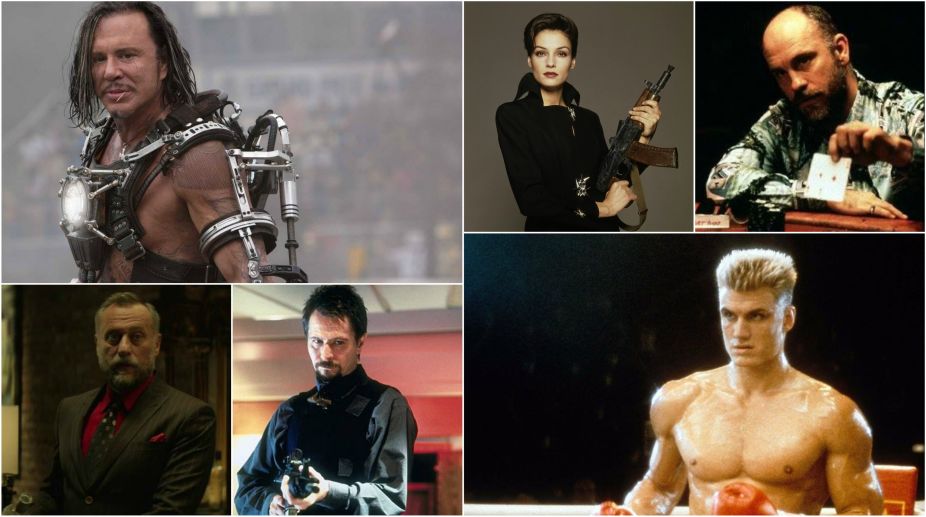Hollywood’s Cold War fetish for depicting Russians as bad guys in films is dying, claims Maria Lemesheva, editor-in-chief of the Russian edition of The Hollywood Reporter (THR), a popular American news and entertainment magazine that through the 1930s and 1940s was at the forefront of “purging” Communist influences from Hollywood.
Lemesheva, who was here with the Russian delegation to the just-concluded 48th International Film Festival of India (IFFI), as producer of “Russian Film Days”, a segment which included classical and contemporary Russian films, also said that one of the most popular covers of THR back home was the one featuring Vin Diesel.
Advertisement
Asked to elaborate on the consistent portrayal of Russians as the quintessential bad guys in Hollywood films, Lemesheva said that Russians have a unique way of looking at such cinematic stereotypes.
“Moreover, I’ve seen, for example, in the movie with Angelina Jolie and Johnny Depp (‘The Tourist’) where a Russian general was some sort of a bad guy, the audience was laughing while watching the film. Our public always has a cheerful and philosophical attitude towards such movies. And we also take it as an irony. But I think that tendency to portray Russians as the bad guys is dying,” Lemesheva said.
Speaking about trends in Russia, Lemesheva said that as far as acting goes, Hollywood stars are more popular, but when it comes to vignettes about private lives, readers prefer Russian actors.
“If we talk about the quality of acting, Hollywood stars are more popular and if we talk about private life, the Russians are. Our goal is to shift that interest towards the level of acting among Russian stars. That is why in our magazine we talk only about their work and even if there are some words about their (private) lives, we use it to show how these things impact their careers,” Lemesheva explained.
The average Russian’s passion for Hollywood, like among film viewers the world over, stems from its high production quality, she said, adding that the emotional and sensitivity quotient of Russian cinema is something American cinema cannot offer.
“But if we talk about emotional or artistic part, we don’t need to look at Hollywood. On the contrary, our movies are more sensitive and much deeper emotionally,” she said.
The most saleable cover of THR’s Russian edition featured muscled hunk Vin Diesel, she said, adding that Meryl Streep and Anthony Hopkins were also regarded well.
“We had an issue with Meryl Streep on the cover and the issue was very popular. She is a strong megastar who is admired by adults and by the younger public. Among aged actors, we also had an issue with Anthony Hopkins on the cover and that issue was also very popular. However, the most sellable cover was with Vin Diesel,” she said.
Speaking about the “Russian Film Days” segment at the IFFI, Lemesheva said the goal was to look at collaboration between artistes and production specialists in Russia and India, as well as to scale up the awareness of Russian films in India.
“Our goal is to introduce the variety and opportunities of screen production in Russia here (in India). But the most important thing is to make local professionals want to collaborate with us,” she said.









